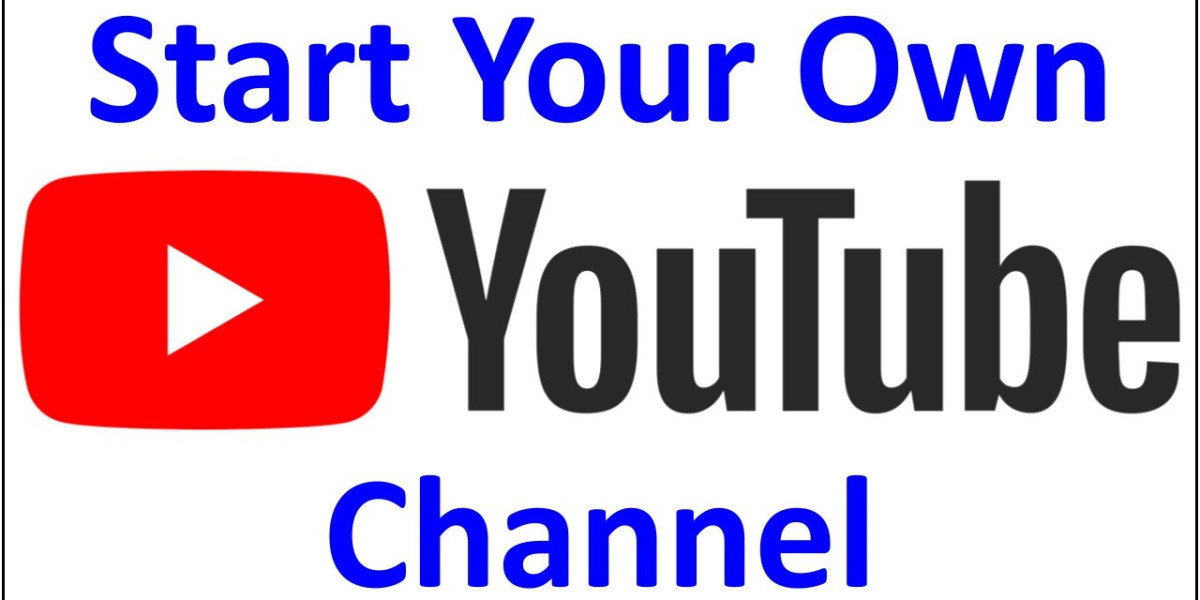The act of writing is a powerful tool that allows individuals to express themselves, communicate ideas, and share stories. It has been a fundamental way of preserving history, sharing knowledge, and connecting with others for centuries. Writing serves as a form of creative expression, a means of organizing thoughts, and a way to communicate complex ideas in a clear and concise manner.
Writing can take many forms, from fiction and poetry to essays and academic papers. Each form requires a different set of skills and techniques, but all share the common goal of conveying meaning through words. Whether it is a short story that transports readers to another world, a poem that evokes emotions through vivid imagery, or an essay that argues a point with logic and evidence, writing has the power to captivate, inspire, and educate.
One of the most important aspects of writing is the ability to craft a compelling narrative. A good writer knows how to grab the reader's attention from the very beginning and keep them engaged throughout the piece. This can be achieved through the use of descriptive language, interesting characters, and a well-developed plot. By creating a sense of tension and conflict, a writer can draw the reader in and make them eager to see how the story unfolds.
In addition to storytelling, writing can also be a tool for introspection and self-discovery. By putting thoughts and feelings into words, individuals can gain insight into their own emotions, values, and beliefs. Writing can serve as a form of therapy, allowing individuals to process difficult emotions and experiences in a safe and private space. Journaling, in particular, has been shown to have therapeutic benefits, helping individuals to reflect on their thoughts and experiences and gain a greater understanding of themselves.
Writing can also be a form of activism, allowing individuals to raise awareness about important issues and advocate for social change. By crafting persuasive arguments and presenting evidence to support their claims, writers can engage readers and inspire them to take action. Whether it is through a powerful op-ed piece in a newspaper, a blog post that goes viral on social media, or a heartfelt letter to a government official, writing can be a powerful tool for advocating for justice and equality.
Furthermore, writing can be a way to connect with others and build community. Through written communication, individuals can share their thoughts, experiences, and perspectives with a wide audience, fostering understanding and empathy. Writers can use their platform to amplify the voices of marginalized communities, challenge stereotypes and prejudices, and promote inclusivity and diversity. By building connections with like-minded individuals and engaging in meaningful dialogue, writers can create a sense of belonging and solidarity that transcends physical boundaries.
Whether writing for personal fulfillment, professional success, or social change, the act of writing is a powerful and transformative experience. It allows individuals to express themselves, share their ideas, and connect with others in a meaningful way. By honing their writing skills and crafting compelling narratives, individuals can inspire, educate, and empower others to make a difference in the world. As long as there are stories to be told and voices to be heard, writing will continue to be a vital and essential part of human communication and expression.








